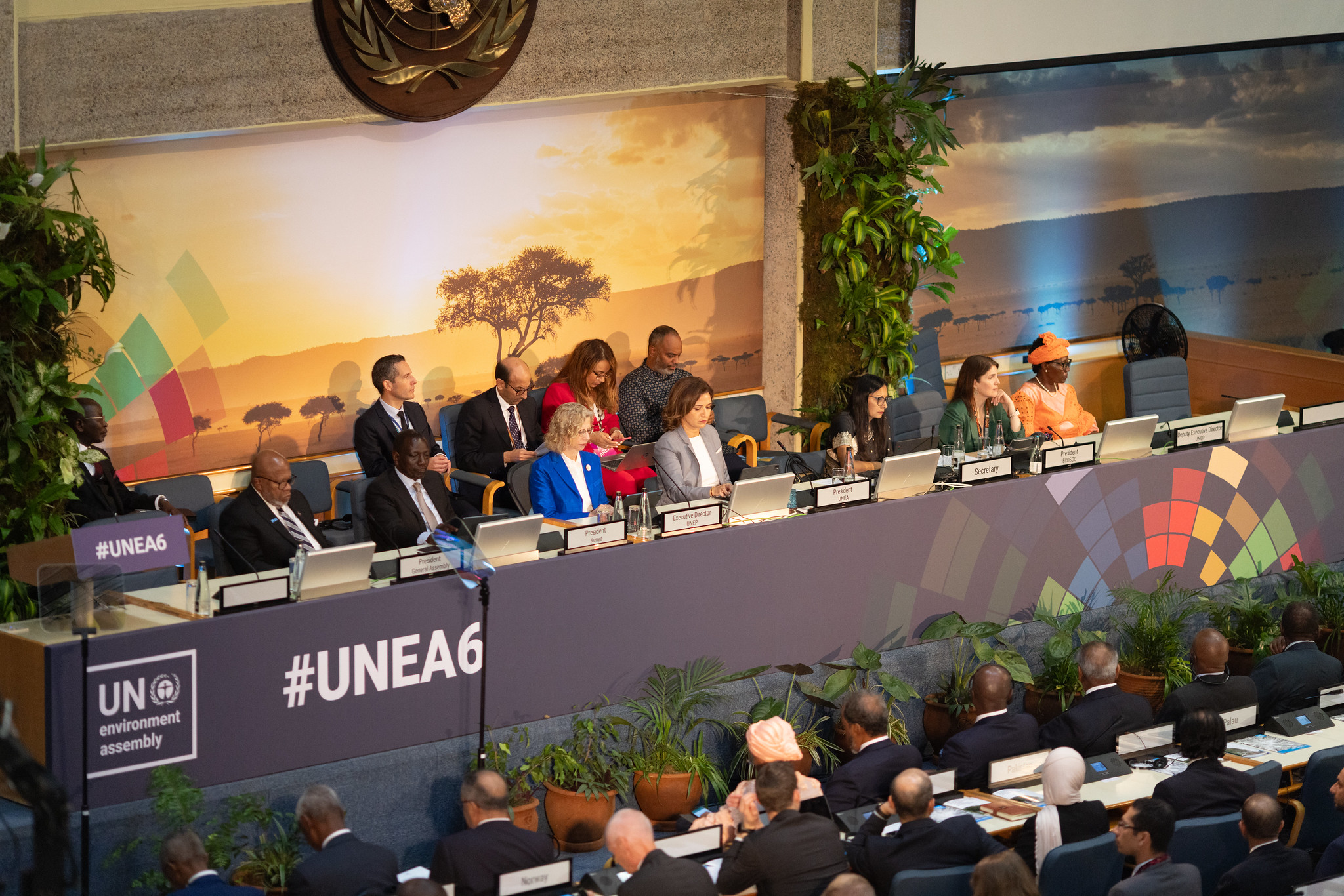When it comes to the fight against climate change, the gaps between reality and perception are glaring.
Now, a new study has shed light on a crucial schism, suggesting that those afforded seats at the global policymaking table are vastly underestimating the support of the public on certain policies.
Last year, researchers published the results of a survey of 130,000 people living in 125 countries that found that 69% of respondents were willing to contribute 1% of their salaries to help fight global warming. But a subsequent Oxford University report, released this month, based on a survey of 191 attendees of the United Nations Environment Assembly in early 2024 found that they believed support for such a policy to be at only 37% – just over half the actual amount.
The Oxford researchers surveyed politicians, people working at the UN and other institutions, and policy negotiators. “It’s not just policymakers – our findings suggest that individuals playing a diversity of roles at international environmental governance meetings could be operating under the assumption of a weaker public mandate for climate action than reality,” said lead author Ximeng Fang, a research fellow at Oxford’s Saïd Business School.
This illuminating research is key to rethinking global climate ambitions, at a time when the policies that have been adopted are falling short of what is needed to curb rising temperatures.
As delegates prepare to travel to Belém, Brazil, in November for the COP30 climate conference, another stiff debate around emissions targets is on the horizon. Brazilian organizers have vowed to bring “a new dynamic to global climate action” that aligns efforts to adhere to a battery of already-made commitments.
RELATED:
The climate conversation needs a reset. Here’s how to do it.
Global health organizations shun PR firms that work for fossil fuels
UN agencies find that ambitious climate action brings big GDP gains
Stefania Innocenti, a co-author of the report and associate professor at Oxford’s Smith School of Enterprise and the Environment, said that some possible reasons for the misperceptions could be traced to news coverage, lobbying or perhaps the information bubbles that emphasize certain ideological viewpoints.
In the United Kingdom, for example, former prime minister Tony Blair grabbed headlines for a new report he authored that argues for a climate policy reset, suggesting that the current approach is doomed to fail. “Though most people will accept that climate change is a reality caused by human activity, they’re turning away from the politics of the issue because they believe the proposed solutions are not founded on good policy,” he writes. “Any strategy based on either ‘phasing out’ fossil fuels in the short term or limiting consumption is a strategy doomed to fail.”
Although surveys have repeatedly shown that the public wants action, leaders and the media continue to miss opportunities to place the climate fight at the centre of public discourse.
The global survey of 130,000 people, conducted in 2021 and 2022, “found widespread support of climate action,” with 86% endorsing pro-climate social norms and 89% wanting more intense political action from their governments on the dilemma. The study included countries that account for 96% of the world’s greenhouse gas emissions, 96% of the world’s gross domestic product and 92% of the world’s population.
Another survey of people living in 77 countries, called the People’s Climate Vote, found that 80% want their communities to strengthen their climate commitments, and 71% want their countries to replace coal, oil and gas with renewable energy quickly or somewhat quickly.
“I hope our research encourages policy officials to be braver and pursue more ambitious climate policies,” said Oxford study co-author Joshua Ettinger, who is now a postdoctoral research fellow at the George Mason University Center for Climate Change Communication. “They have more public support than they may realize.”
Natalie Alcoba is a Buenos Aires-based journalist and senior editor at Corporate Knights.







